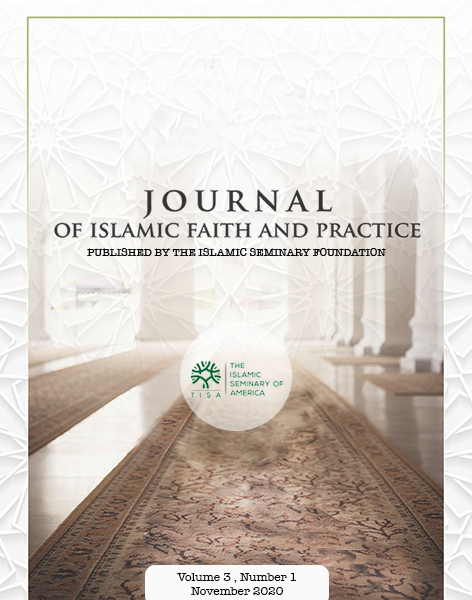The Power of Prejudice: Cross-cultural Competency and Muslim Populations
DOI:
https://doi.org/10.18060/24673Keywords:
Islamophobia, psychology, mental health, discrimination, racism, stereotypes, prejudiceAbstract
Oh people! We created you from a male and a female and made you into nations and tribes so that you may know one another. Verily the noblest of you in the sight of Allah is the Most God-fearing of you. Surely, Allah is All-Knowing, All-Aware. (49:13)
This oft-cited Quranic verse encapsulates the Islamic worldview on the raison d’être of different groups of people and ethnicities, thereby highlighting the importance of cross-cultural communication and Islam’s role in transcending these differences. The same worldview can be adopted in psychiatric practice to provide culturally competent patient-centered care. This paper introduces a clinical vignette of a Muslim patient with poor mental health and her experiences living in the US as a religious minority. The vignette frames the following discussion in the context of rising hate in the country and brings to light the consequences of Islamophobia on the mental health of American Muslim populations. The psychology of outgroup hate is explained by analyzing the literature produced on the interrelated topics of stereotypes, discrimination, prejudice, and xenophobia, and concludes with tools available for cross-cultural competency in a clinical setting.

